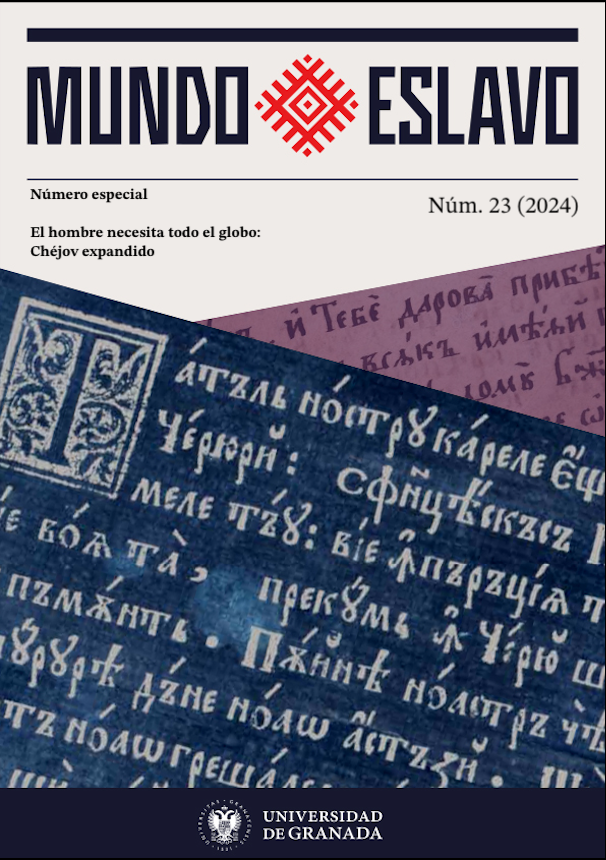The Strugatsky Brothers: Critical Message in the Soviet Science-Fiction Novel
DOI:
https://doi.org/10.30827/meslav.23.27255Abstract
Arkady and Boris Strugatsky expressed the criticism of the USSR regime by means of their science-fiction novels, showing in their imagined worlds the imperfections of the Soviet system and their concerns in relation to human nature, reflecting on its potentials and limitations regarding the development of a better future. Through their novels, they embodied the archetype of the Soviet intellectual committed to the ideal of a communist society and disillusioned by the reality of an authoritarian, inefficient and repressive regime. Their conflicts with the strict Soviet censorship voiced the diffused wish of an internal transformation in order to create a more tolerant and human system. This view was displayed through the use of allegories and the conception of fictional worlds, aiming to suggest parallelisms with the USSR, which were understood by the contemporary Soviet readers. The dystopia was a motif that incarnated the pessimism of these authors in regard to the possibilities of progress for the human kind, as it is shown in the novels Hard to Be a God, The Doomed City and Roadside Picnic. Their works became an example inside the USSR for the criticism of Soviet model till its fall, which coincided with the death of Arkadi Strugatsky and the end of their literary production.
Downloads
Downloads
Published
How to Cite
Issue
Section
License
Copyright (c) 2024 Mundo Eslavo

This work is licensed under a Creative Commons Attribution-NonCommercial-ShareAlike 4.0 International License.

CC BY-SA: This license allows reusers to distribute, remix, adapt, and build upon the material in any medium or format, so long as attribution is given to the creator. The license allows for commercial use. If you remix, adapt, or build upon the material, you must license the modified material under identical terms.
CC BY-SA includes the following elements:
BY ![]() – Credit must be given to the creator
– Credit must be given to the creator
SA ![]() – Adaptations must be shared under the same terms
– Adaptations must be shared under the same terms
Authors who publish with this journal agree to the following terms:
1. Authors retain copyright and grant the journal right of first publication with the work simultaneously licensed under a Creative Commons Attribution License that allows others to share the work with an acknowledgement of the work's authorship and initial publication in this journal.
2. Authors are able to enter into separate, additional contractual arrangements for the non-exclusive distribution of the journal's published version of the work (e.g., post it to an institutional repository or publish it in a book), with an acknowledgement of its initial publication in this journal.
3. Authors are permitted and encouraged to post their work online (e.g., in institutional repositories or on their website) prior to and during the submission process, as it can lead to productive exchanges, as well as earlier and greater citation of published work (See The Effect of Open Access).













